The Faculty of Management and Development Studies (FMDS) of the University of the Philippines Open University (UPOU) faculty and staff presented their research at the 3rd World Immersive Learning Labs Symposium (WILLS) 2025 held at the Kyoto University of Foreign Studies (KUFS) from 13 to 15 April 2025 in Kyoto, Japan. This year’s conference was co-organized by the UPOU, The Future Hub’s of KUFS, and The Mixed, Augmented, and Virtual Realities (MAVR) Special Interest Group (SIG) of the Japan Association for Language Teaching.
FMDS faculty, staff, and co-authors at WILLS 2025. Photo from KUFS.
During session 3, short talks, of Day 2, eight (8) FMDS research papers were presented. Assistant Professor Lorena Jean Saludadez, FMDS Graduate Certificate in/Master of ASEAN Studies (GC/MAS) Program Chair, initiated the session presentation with the title “The Metaverse as a Research Mentorship Platform for Open and Distance e-Learners in the Master of ASEAN Studies (MAS) Graduate Program”. Asst. Prof. Saludadez described the initial steps of a design-based research initiative exploring the potential of the metaverse in enhancing the research advising process of the MAS program through the collaborative co-creation of a learner-centered research mentoring space. This was followed by Assistant Professor Lloyd Lyndel P. Simporios, FMDS Diploma in/Master of Social Work (D/MSW) Program faculty member, who presented his research entitled “Reimagining Social Work Field Instruction: The Role of the Metaverse in an ODeL Framework” laying the groundwork for integrating emerging technologies like the metaverse into social work education within the ODeL framework, opening up new possibilities for innovation, accessibility, and collaboration in professional training.
Associate Professor Myra D. Oruga, FMDS Diploma in/Master of International Health (D/MIH) Program Chair, presented “Issues and Challenges in Ethics on Immersive Learning in an Open University: A Literature Review.” This study was co-presented by Ms. Janele Ann C. Belegal, FMDS Teaching Associate, Ms. Sydney Rovin D. Macahiya, and Ms. Dina Mae N. Rejano, FMDS Project Staff. On the other hand, Ms. Noreen Dianne S. Alazada, Junior Project Assistant, presented “Developing a Local-to-Local Across Border Scheme (LLABS) Model Between Fujino and Maahas: An Immersive Learning Experience” following a research entitled “Traversing the Makiling Greenway: An Immersive Learning Experience Using the Walking Methodology.” Both researches were co-developed by Dr. Ferdinand Maquito and Professor Joane V. Serrano, UPOU Chancellor.
Assistant Professor Maria Lourdes T. Jarabe, FMDS Diploma in Women and Development (DWD) Program Chair, presented “Using Immersive Technologies to Study and Detect Gender Bias: A Literature Review” emphasizing the significant contributions of its findings to the growing body of knowledge on technology-enhanced gender bias detection. Subsequently, a research entitled “Exploring Immersive Technology in Social Work and Gender and Development Practice and Education” presented by Associate Professor Finaflor F. Taylan, FMDS Dean and Diploma in/Master of Social Work Program Chair. She highlighted that through the perspectives of stakeholders, technologies would be made appropriate and responsive to the changing needs of learners and communities but are still effective in bringing social work and development education and training towards contributing to social transformation. The said session was ended by a presentation entitled “Towards the Development of a Virtual Learning Environment in Roblox for Business Instruction in Repressive Environments” presented by Assistant Professor Ari Luis C. Halos, faculty member of Associate of Arts in Digital Entrepreneurship (AADE) Program.
On the third and last day of the symposium, three faculty members and staff presented during the unconferencing session. Assistant Professor Ria Valerie D. Cabanes, FMDS Master in Nursing Education (MNE) Program Chair, presented “Designing Immersive Learning Labs for Nursing Education: A Theoretical and Context-Based Framework Across Different Settings” discussing the essential design principles for immersive learning labs in nursing education and how can established nursing theories support the development of immersive learning environments.
Ms. Raizza Anna M. Alforja, support staff of the UPOU FMDS Perma G.A.R.D.E.N. (Growing Appreciation towards Resilience, Development, Entrepreneurship, and Nutrition), presented “Exploring the User Experience and Perceptions of a Virtual Tour: The Case of UPOU FMDS Perma G.A.R.D.E.N. Virtual Reality Tour” which shows an overview of the garden and evaluation of an immersive VR tour, highlighting the garden’s role as a living laboratory of sustainable practices, accessible to the community within and beyond the University. This paper was co-written by Prof. Joane V. Serrano, Mr. Larry N. Cruz, Dr. Jabez Joshua Flores, FMDS Senior Lecturer and permaculture consultant, Ms. Maryjane Reondanga, FMDS Perma G.A.R.D.E.N. caretaker, and Ms. Mary Grace Perez, FMDS Continuing Education Program (CEP) support staff.
Lastly, Dr. Sherry B. Marasigan, UPOU affiliate faculty member, together with Ms. Mary Grace B. Campollo presented “Reimagining the Coffee Industry: Virtual Reality and Digital Twin Innovations for Sustainable Coffee Farming in Patikul, Sulu.”
A quick tour of the Future Hub’s immersive learning lab was also conducted, led by Dr. Eric Hawkinson, organizer of the event, President and MAVR research coordinator. This laboratory is equipped with cutting-edge technology, providing a unique environment where students, educators, and researchers can experiment, innovate, and push the boundaries of traditional education. It includes the U Theatre that has been meticulously designed to facilitate these experiences. The open space layout allows for flexibility and adaptability, accommodating both individual exploration and group collaboration.
This symposium provided a unique opportunity to engage directly with fellow researchers, developers, and educators from around the world. Together exploring the latest advancements, exchange real-world case studies, and collaboratively imagine what lies ahead in this transformative field, which pushes the boundaries of how immersive technologies can be integrated into educational frameworks and beyond. It built on the previous years’ discussion on how digital tools can enhance learning accessibility, bridge cultural and geographical divides, and foster interdisciplinary collaboration.
Written by: Raizza Anna M. Alforja • Edited by: Larry N. Cruz
Sustainable Development Goals

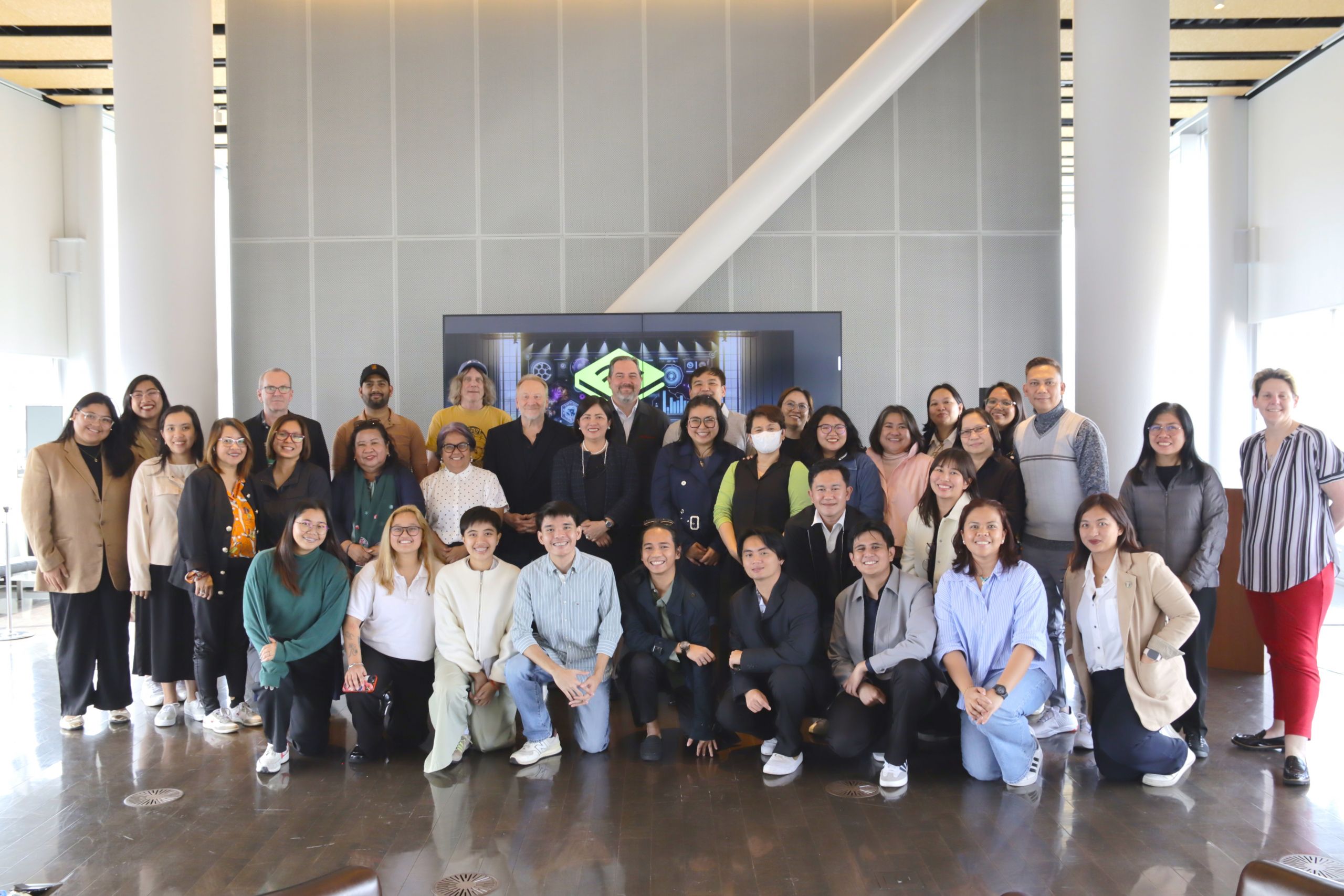
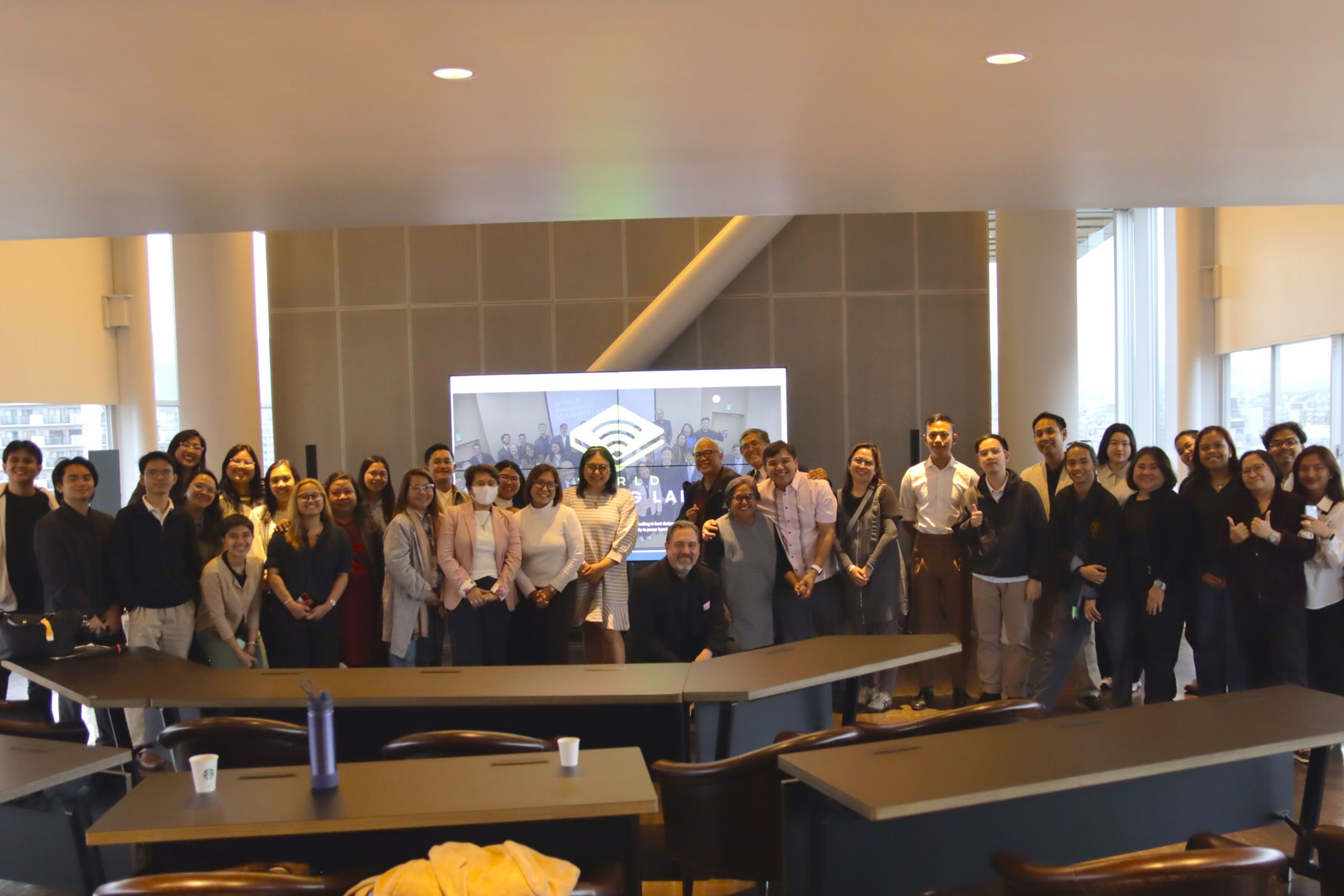
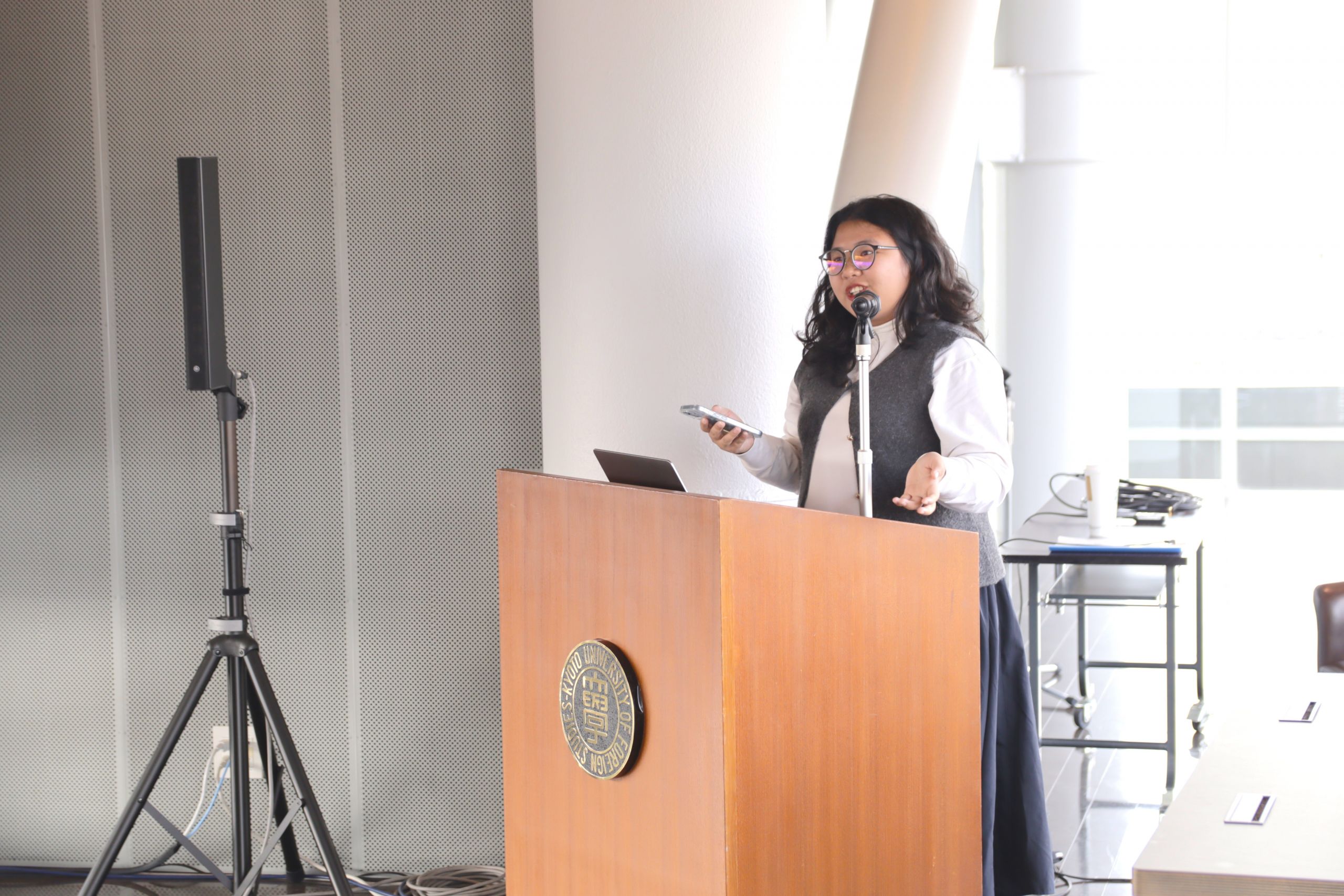
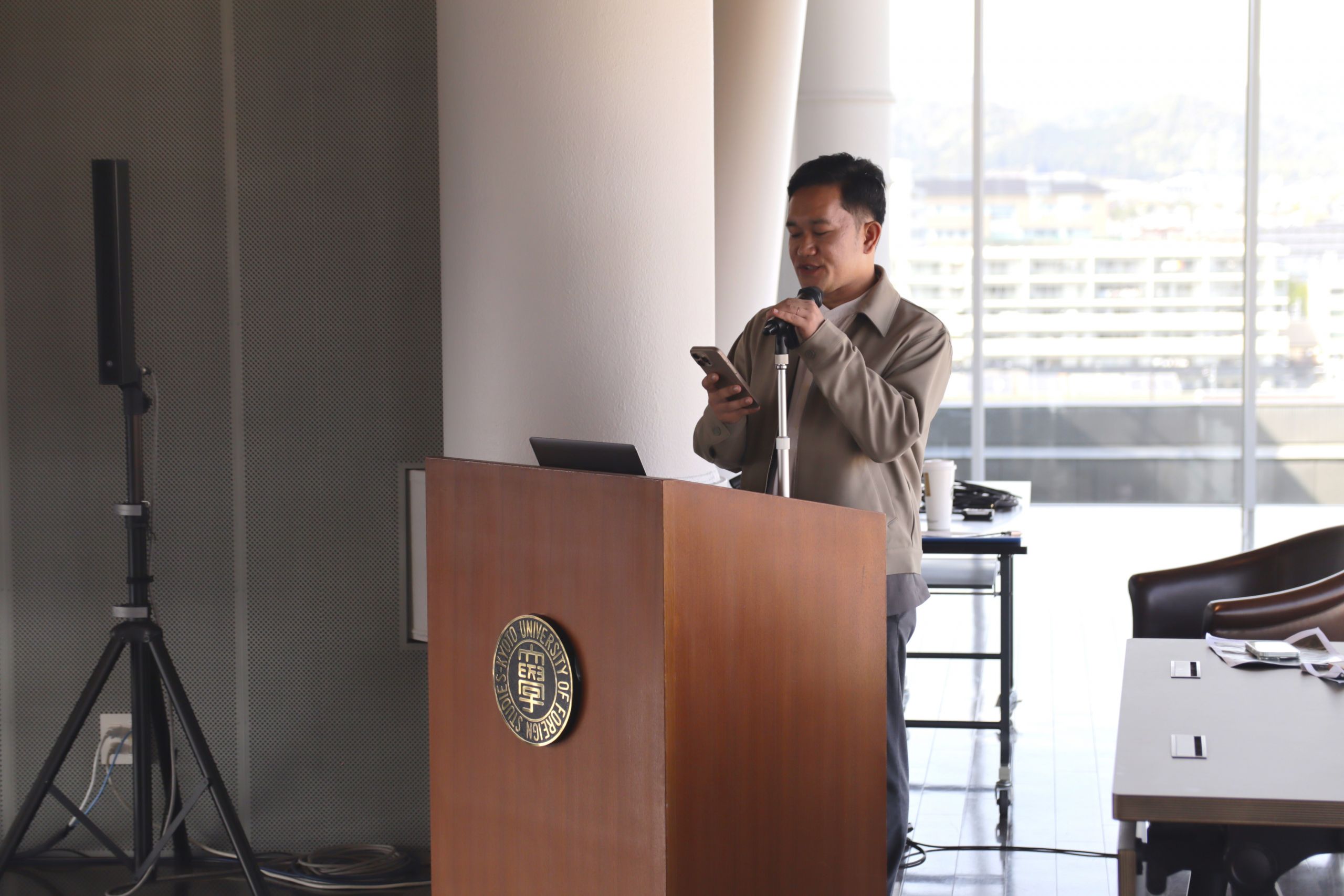
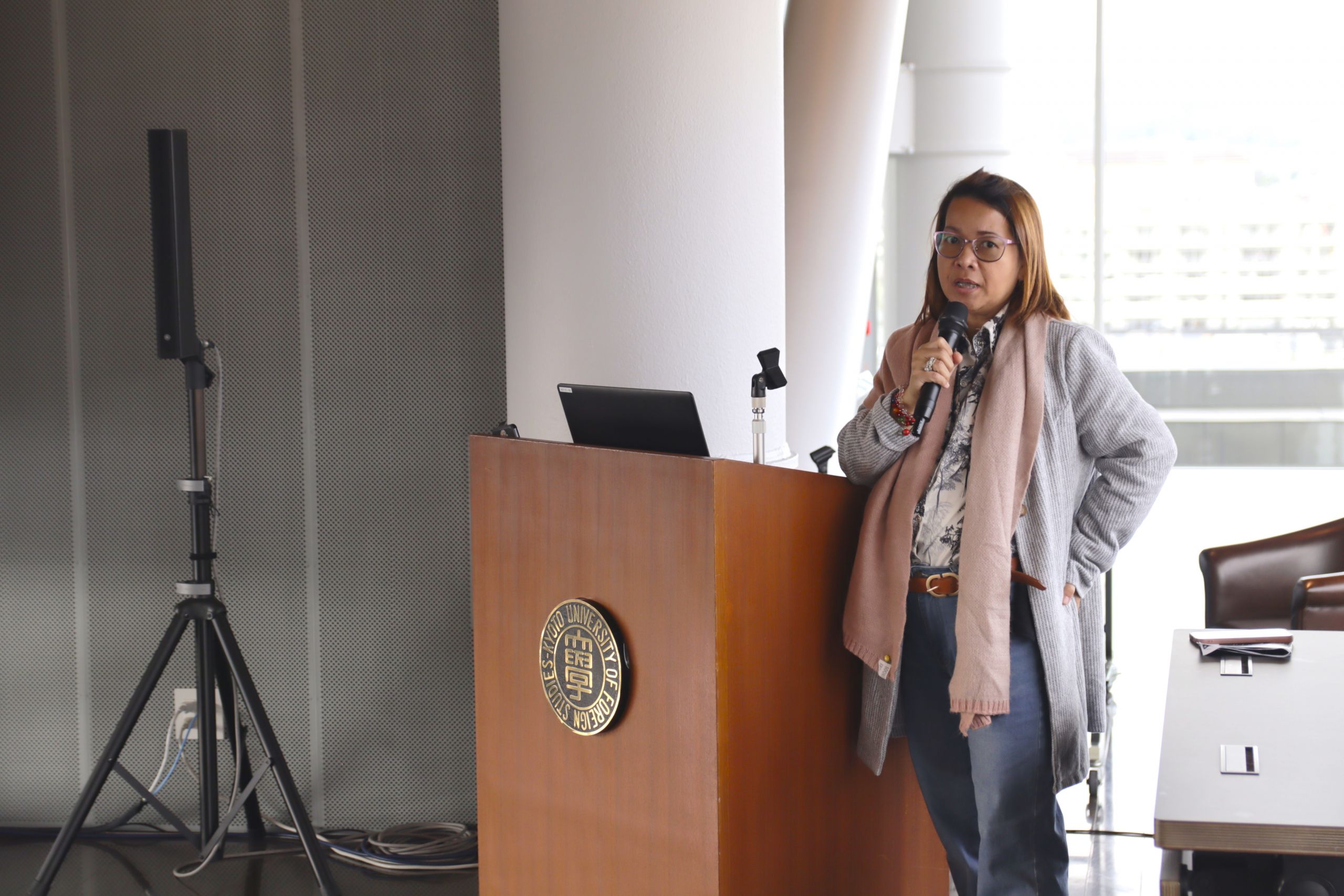
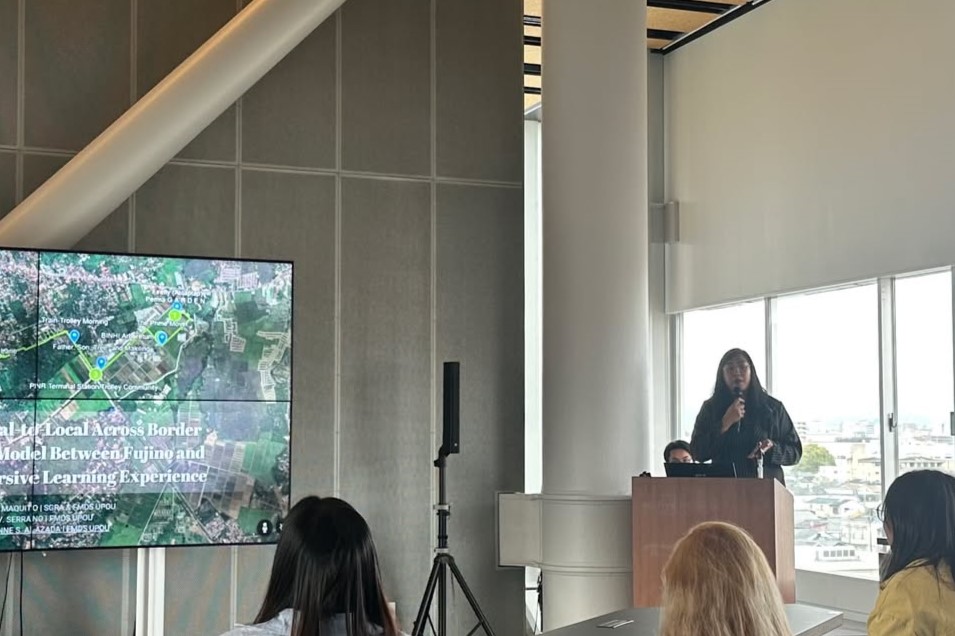
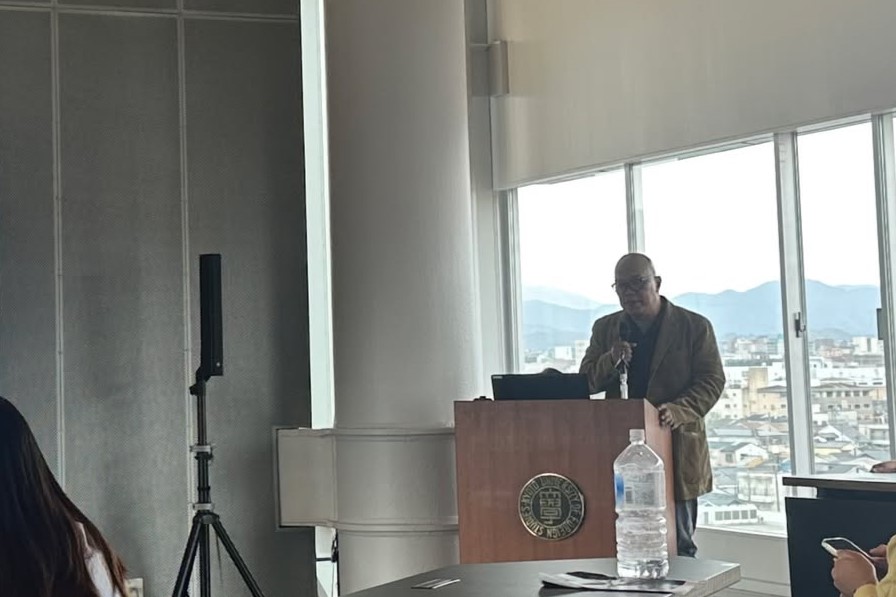

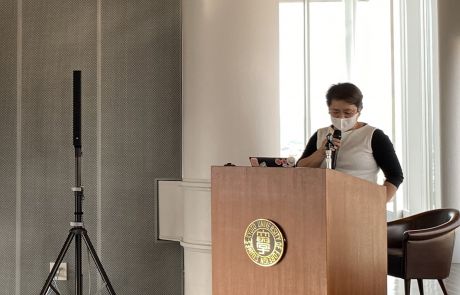
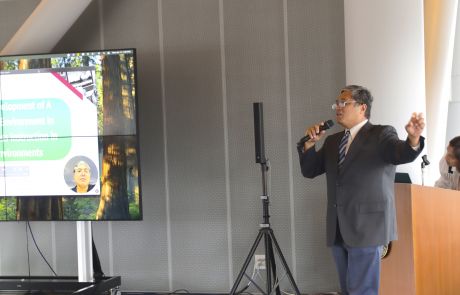
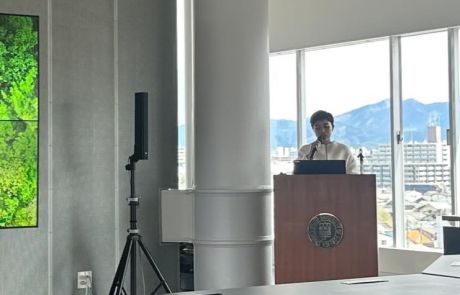
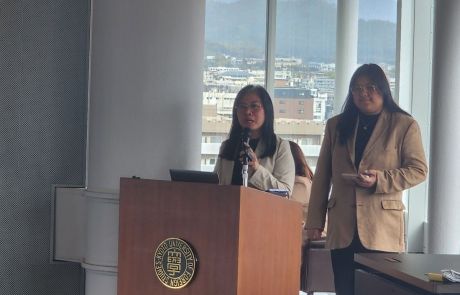
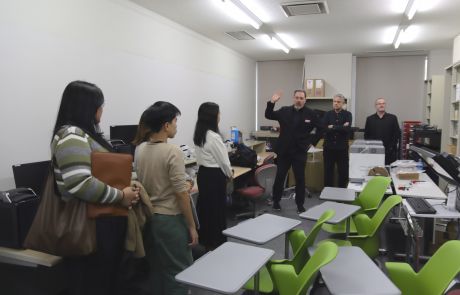
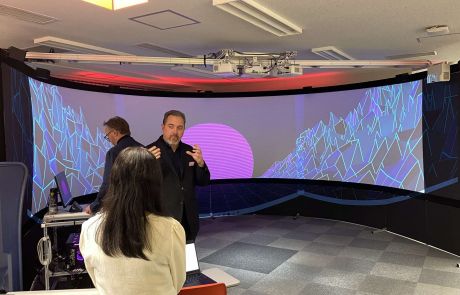
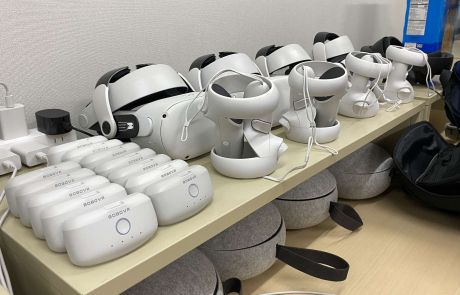
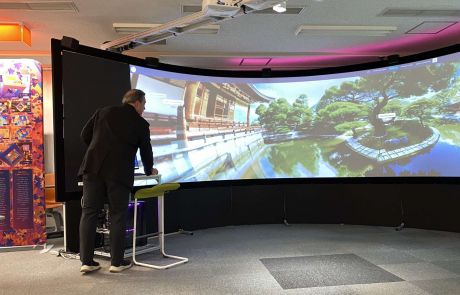
















FMDS Socials